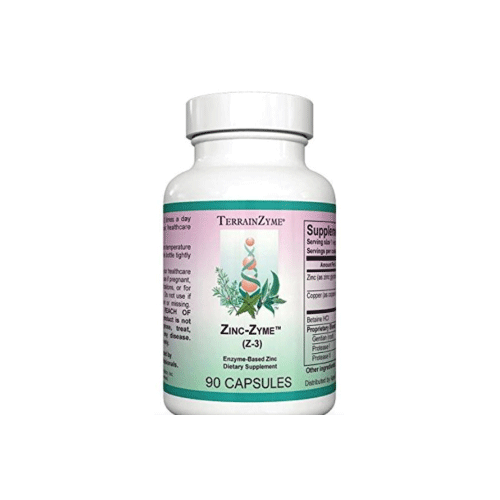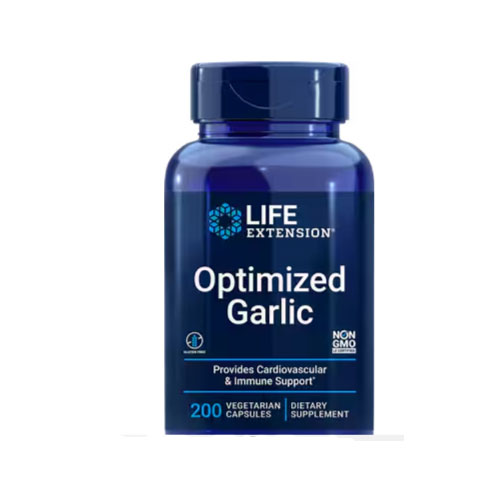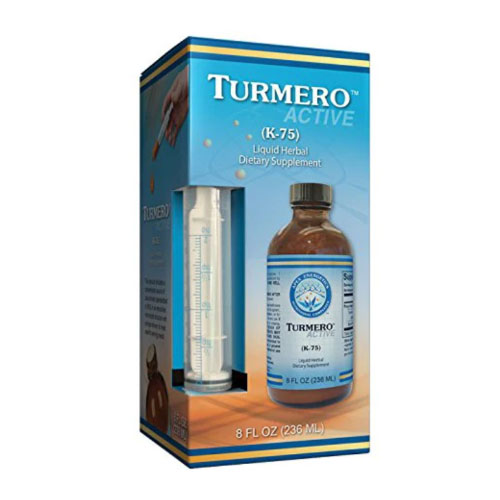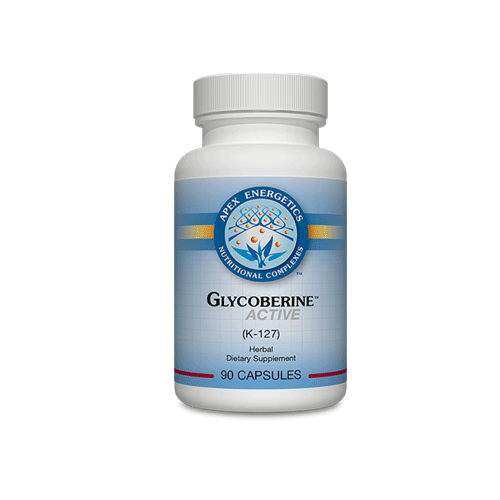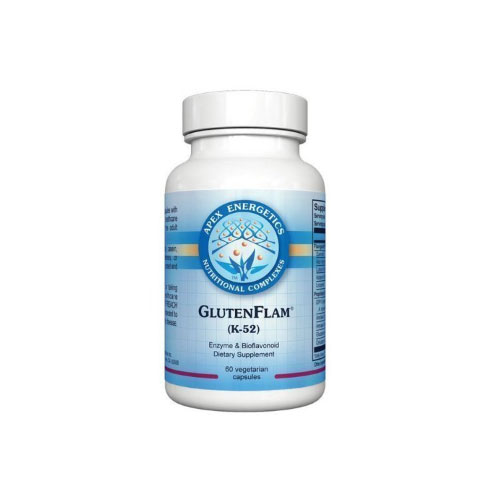
Omega 3 Fatty Acids are found in fish, among other foods; regulating supplement intake can enhance cognition and strengthen learning abilities. Photo: Shutterstock
If you are a loved one struggling with even the simplest tasks years after a traumatic brain event, here are our go-to, over-the-counter supplements.
Omega-3s (EPA/DHA)
Omega 3 Fatty Acids are a major constituent of cell membranes. They reduce irregular fat metabolism in the face of a damaged brain, enhance cognition and strengthen learning abilities.
Omega 3s help create a favorable anti-inflammatory environment necessary for reducing brain swelling, ischemia, infiltration of leukocytes, and the production of pro-inflammatory brain chemicals.
Dose: Omega 3, Omega 6 Fatty Acids — 1000-4000 mg/d
Medium Chain Triglyceride (MCT) Oil
Glucose utilization, i.e., sugar — the brain’s primary energy source in the face of traumatic brain injury — is often impaired. Ketones, derived from “good” fats, serve as an alternative fuel with the added benefit of requiring less digestive energy and better assimilation.
Medium-chain triglycerides (MCTs), naturally occurring fats found in coconut and palm kernel oil, and high-fat dairy products like butter and cheese, are good fuel sources, with the bonus of improving focus and cognition.
MCT coconut oil acts as an antioxidant, increasing the production of endogenous glutathione, a powerful detoxification agent, and cerebral blood flow by as much as 40 percent.
Dose: MCT Oil — Days 1-3, 5-7g (1 teaspoonful); Days 3-7, Up to 10g (2 tsp.); Day 8, 14g dose (1 Tbsp)
Vitamin D3
Vitamin D3 aids in neurotransmitter production, memory storage, planning, processing information, and new memory formation. It increases neuron synapse density and nerve growth in the brain, protecting against depression, Alzheimer’s Disease, and dementia.
Vitamin D3 is necessary for progesterone to perform its anti-inflammatory functions. (1) It activates TNF, interleukins 1,6, NF-Beta, p65 cytokines, and neuroprotective brain chemicals. Low Vitamin D levels result in diminished brain function.
Serum laboratory values of 25 hydroxy Vitamin D; are “Normal” at 30-100 ng/dl. Optimally we want the patient to be between 50-80 ng/dl.
Dose: Vitamin D 3 — Typical; 5000-10,000 IU at bedtime or 50,000 IU Vitamin D2 once weekly.
Probiotics/Prebiotics
Probiotics: Approximately 100 trillion tiny, living organisms, akin to bacteria and yeast, reside in our gastrointestinal tract. The “pro-” in probiotic are the organisms that provide health benefits. (2)
Not all GI bacteria are probiotic. Our interest is in the two dominant species, Lactobacillus and Bifidobacterium. In nature, we obtain these from fermented vegetables and beverages, namely sauerkraut, kimchi, beet kvass, and coconut water kefir.
Probiotics aid in cognition, learning, and memory. Soil-derived probiotics blend 5 Bacillusspores to recondition the GI tract, maintain a healthy gut barrier, and improve overall immunity.
Dose: 25 to 100 billion units daily, administer with prebiotics and fiber. With spore-based-probiotics, take a ½ cap daily x 7 days, then 1 cap daily x 7 days, then 2 caps daily
Prebiotics: Prebiotics are indigestible foodstuffs, namely fiber, acting as a food source for probiotics. Prebiotics improve insulin sensitivity, mineral absorption, bone mineral density, appetite control and weight management. (3)
Chicory, Jerusalem artichokes, green and root vegetables, as well as flaxseeds, chia, and psyllium husks, are nature’s natural prebiotics. (4) Prebiotic supplements include inulin, insoluble corn fiber, and potato starch. (5)
Dose: Prebiotics (6) — dietary fibre: 25-38g; Prebiotic fibre: 5g-20g; Resistant starch: 20g
Glutathione
Glutathione, a tripeptide, is the most abundant organic compound in the brain. It acts as an antioxidant, protecting neurons from nitric oxide-mediated cell death. Glutathione is a potent liver detoxification agent and reduces, albeit temporarily, spasticity and tremor in Parkinson’s Disease.
Dose: Glutathione — 50-100 mg 1-2 times/day in a liposomal base; or, 600-1000 mg IV push (diluted in 3 cc NSS) over 5 minutes.
Magnesium L- Threonate
Magnesium l-threonate increases synapse density, improves cognition, learning, memory, and promotes relaxation and sleep. Magnesium combined with l-threonine significantly increases the cerebrospinal fluid concentration of magnesium in the brain and spinal column, improving alertness, and short and long-term memory by nearly 100 percent. (7)
Dose: Magnesium L-Threonate — Magnesium 144 mg; L-Threonate 2000 mg
Branch Chain Amino Acids (BCAA’s)
Branched Chain Amino Acids (BCAAs), the protein building blocks that are necessary for muscle protein synthesis, enzyme and hormone production are our fuel for intense exercise.
BCAAs preserve existing muscle tissue, maintain muscle mass if on a calorie-restricted diet, and are particularly useful for TBI victims in the early stages of recovery. They promote normal repair processes after exertion and play a role in the maintenance of the immune system. (8)
Dose: Branch Chain Amino Acids — 5-7 grams pre, during or post-exertion
References
- Milos, C., Vitamin D Deficiency reduces the benefits of progesterone treatment after brain injury in aged rats; Neurobiology of Aging 32(2011) 864-874
- Binns, N. (2013). Probiotics, Prebiotics and the Gut Microbiota. Retrieved from http://www.ilsi.org/Europe/Publications/Prebiotics-Probiotics.pdf
- Abrams, S. A., Hawthorne, K. M., Aliu, O., Hicks, P. D., Chen, Z., & Griffin, I. J. (2007). An inulin-type fructan enhances calcium absorption primarily via an effect on colonic absorption in humans. The Journal of Nutrition, 137(10), 2208-2212.
- Whisner, C. M., Martin, B. R., Schoterman, M. H., Nakatsu, C. H., McCabe, L. D., McCabe, G. P., … & Weaver, C. M. (2013). Galacto-oligosaccharides increase calcium absorption and gut bifidobacteria in young girls: a double-blind cross-over trial. British Journal of Nutrition, 110(7), 1292-1303.
- Part l, J, The Benefits of Pro and Prebiotics, https://www.bodybuilding.com/fun/the-benefits-of-probiotics-and-prebiotics, March 25, 2016
- http://travellingdietitian.com/how-much-prebiotics-to-consume-per-day/
- 2010 Jan 28;65(2):165-77.
- Portier, H., Chatard, J. C., Filaire, E., Jaunet-Devienne, M. F., Robert, A., & Guezennec, C. Y. (2008). Effects of branched-chain amino acids supplementation on physiological and psychological performance during an offshore sailing race. European Journal of Applied Physiology, 104(5), 787-794.
Reno physician William Clearfield, D.O., of the Clearfield Medical Clinic, provides patients with treatment plans that boost their overall quality of life. This article is intended as an educational exercise only, and the information within is not a substitute for proper medical diagnosis and treatment. For more information on developing and maintaining healthy brain function, or information concerning our traumatic brain injury program, contact us.

